Power sector meltdown a hot topic in the media
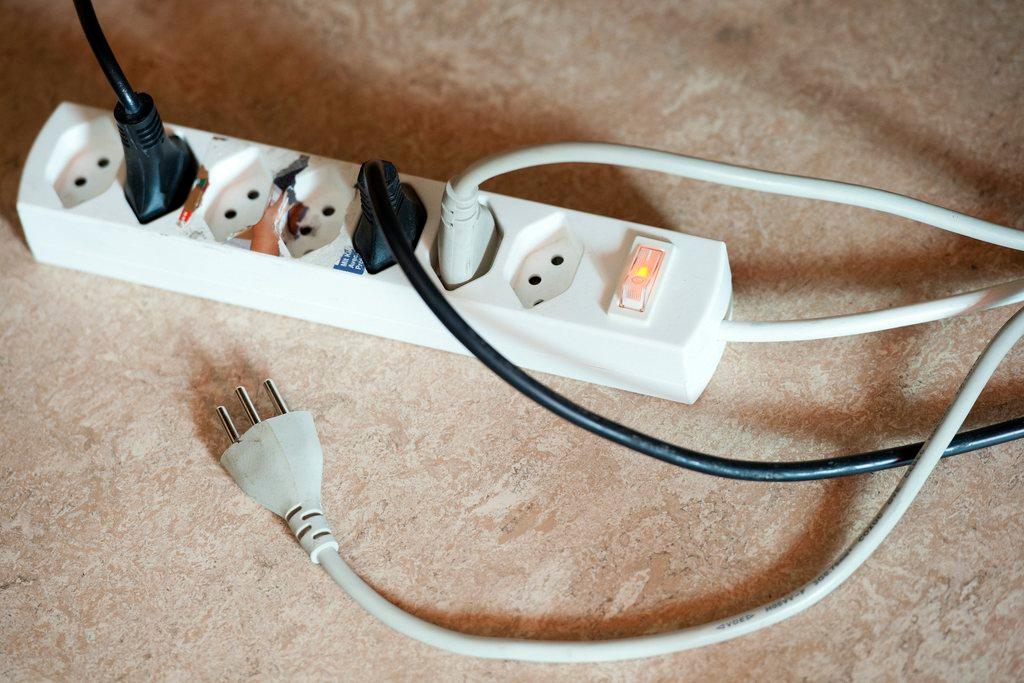
The economic problems related to Switzerland’s hydro- and nuclear power plants are the source of energetic debates in the media, with lots of newsprint devoted to the issue on Sunday.
A week ago, Swiss energy concern Alpiq reported a loss of CHF830 million ($845 million) for 2015, and announced that it planned to sell up to 49% of its hydropower portfolio. Not long after, a lobbying paper commissioned by Alpiq – describing the industry’s flaws and potential political fixes – was leaked in Bern.
Hydropower is a central pillar of the Swiss electricity supply – some 60% of Switzerland’s energy is produced by water. Alpiq’s hydropower portfolio in Switzerland includes 18 power stations – 13 in the Alps and five along rivers, including numerous dams, mostly in the Valais region – which produce 5 billion kilowatt hours per year.
Since 2012, Alpiq has reportedly been struggling to deal with cheaper electricity produced elsewhere in Europe.
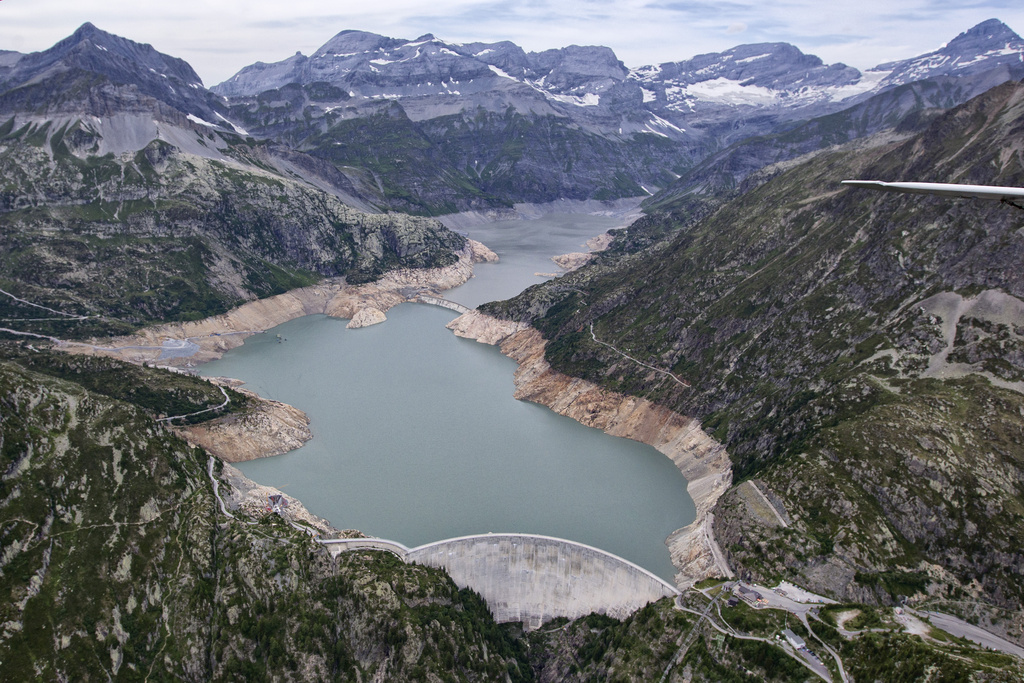
More
Large reserves of water
Also this month, parliament refused to put a time limit on the life of its nuclear power plants, marking a cautious change to the country’s energy strategy.
In light of unprofitable hydropower plants, ageing nuclear power plants, leaked documents and cheap electricity from abroad, Swiss political and business leaders have been voicing their thoughts on how to improve the situation.
As leftwing Green Party parliamentarian Bastien Girod told the Schweiz am Sonntag newspaper, “We want to revitalise the domestic quota. If you sell electricity in Switzerland, then it least 60% should be hydropower and local renewable energy. A quota could improve the economy and protect valuable jobs.” Girod also called for new ways of thinking about how Switzerland can shut down its nuclear power plants.
Christoph Blocher, former head of the conservative right Swiss People’s Party, told the Sonntagszeitung newspaper that the best solution would be “doing away with all subsidies, especially those for alternative energies. Then it would be clear that nuclear power is much cheaper”. Asked how to cope with the fact that highly-subsidised German solar and wind power (CHF0.025/kWh) is cheaper than Swiss nuclear power (CHF0.045/kWh), Blocher said Switzerland should file a complaint, as these subsidies were in violation of World Trade Organisation and EU trade deals. He said that in order to defend Swiss economic interests, he could see the sense of subsidising Swiss nuclear power in order to level the playing field.
Five years ago, Switzerland decided to phase out nuclear power production following the Fukushima disaster in Japan. Earlier this month, the BKW Group, the operator of Mühleberg plant in canton Bern, confirmed that Mühleberg would go off grid on December 20, 2019.
In an interview with Schweiz am Sonntag, BKW CEO Suzanne Thoma said that the preparations for the shutdown were on target and within budget. Yet she noted that the situation for the energy sector was “indeed difficult”.
“You slowly realise that the [Swiss] Energy Strategy 2050 is a ragbag of single measures. It creates winners as well as losers,” Thoma said.
‘A dry spell’
“Hydropower is going through a dry spell,” as Mario Cavigelli told the NZZ am Sonntag newspaper. A member of the centrist Christian Democrats, Cavigelli is president of Conference of Alpine Cantons – which receive interest for giving flatland regions access to hydropower generated in the mountains.
Asked whether this was partly to blame for the downfall of hydropower, he said no, that under “normal market conditions” it shouldn’t be a problem. Besides: “If we give up the interest, we’d be giving a break to midland concerns that don’t belong to us.”
Cavigelli added that he could imagine a quota system where customers get electricity from a mixture of sources.
Centre-right Radical Party parliamentarian Christian Wasserfallen told Schweiz am Sonntag that he didn’t think it right for cantons to make a profit for decades and then pass losses on to the federal government.
“We finally need to have a discussion about the reduction of water interest rates as well as the distribution of funds from the energy companies, with which the cantons make a lot of money,” said Wasserfallen, noting that his party was also against state-funded rescue companies for energy concerns.
However, he told the Sonntagszeitung that he could imagine introducing “a so-called border tax adjustment to place a CO2 tariff on dirty imported electricity”.

In compliance with the JTI standards
More: SWI swissinfo.ch certified by the Journalism Trust Initiative
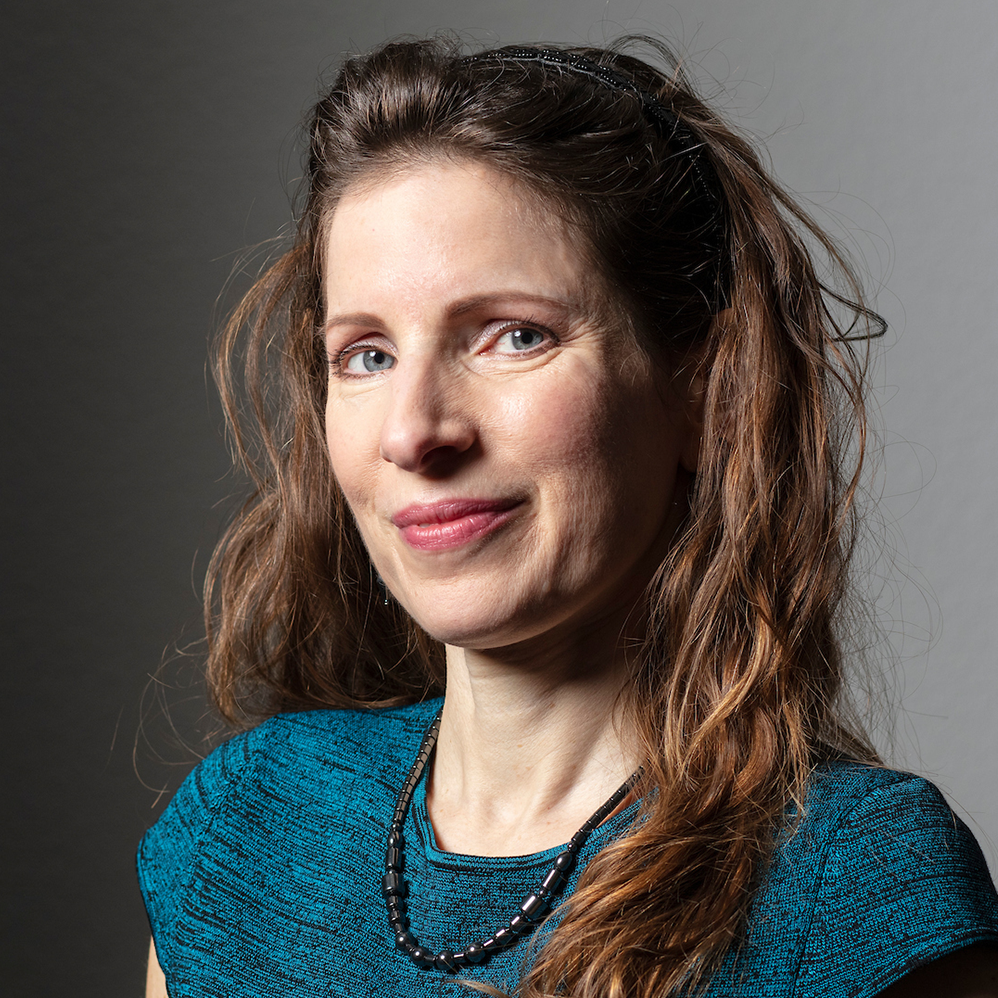
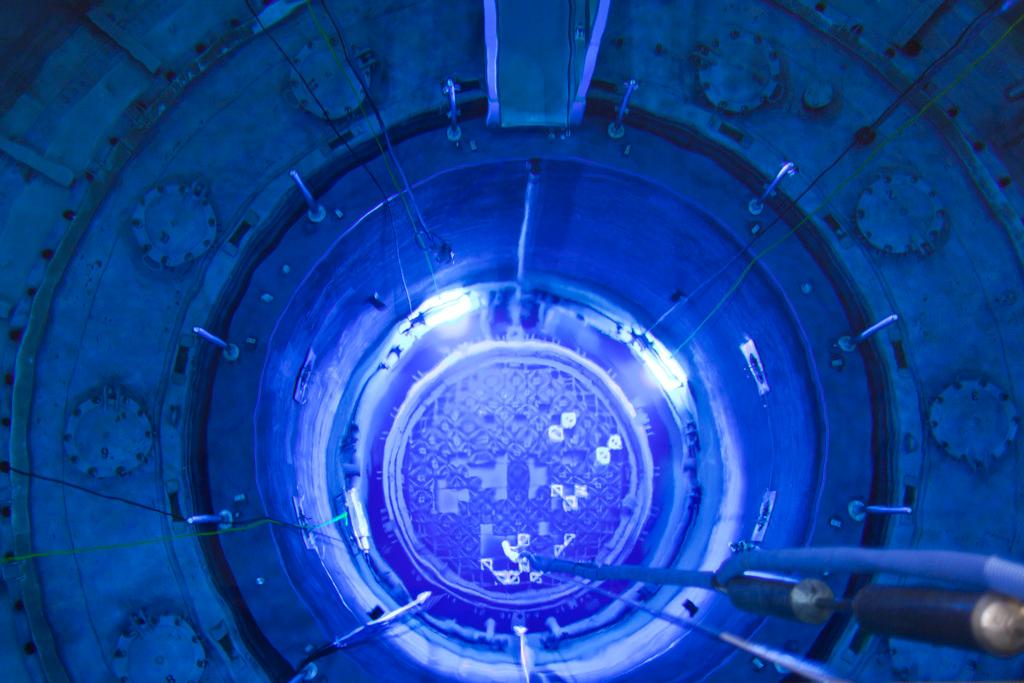
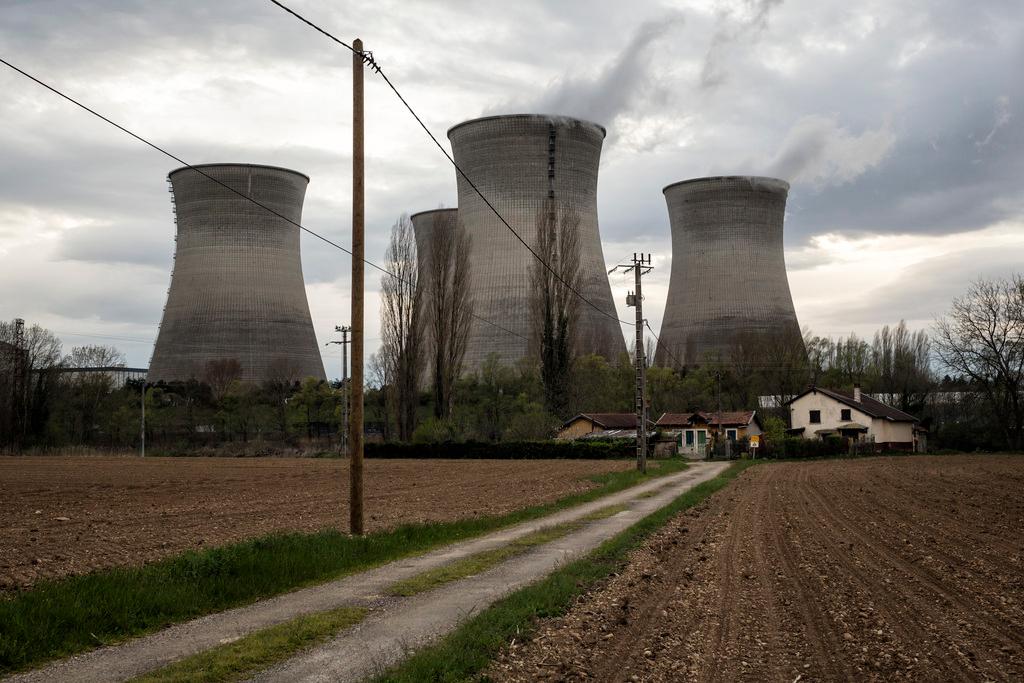
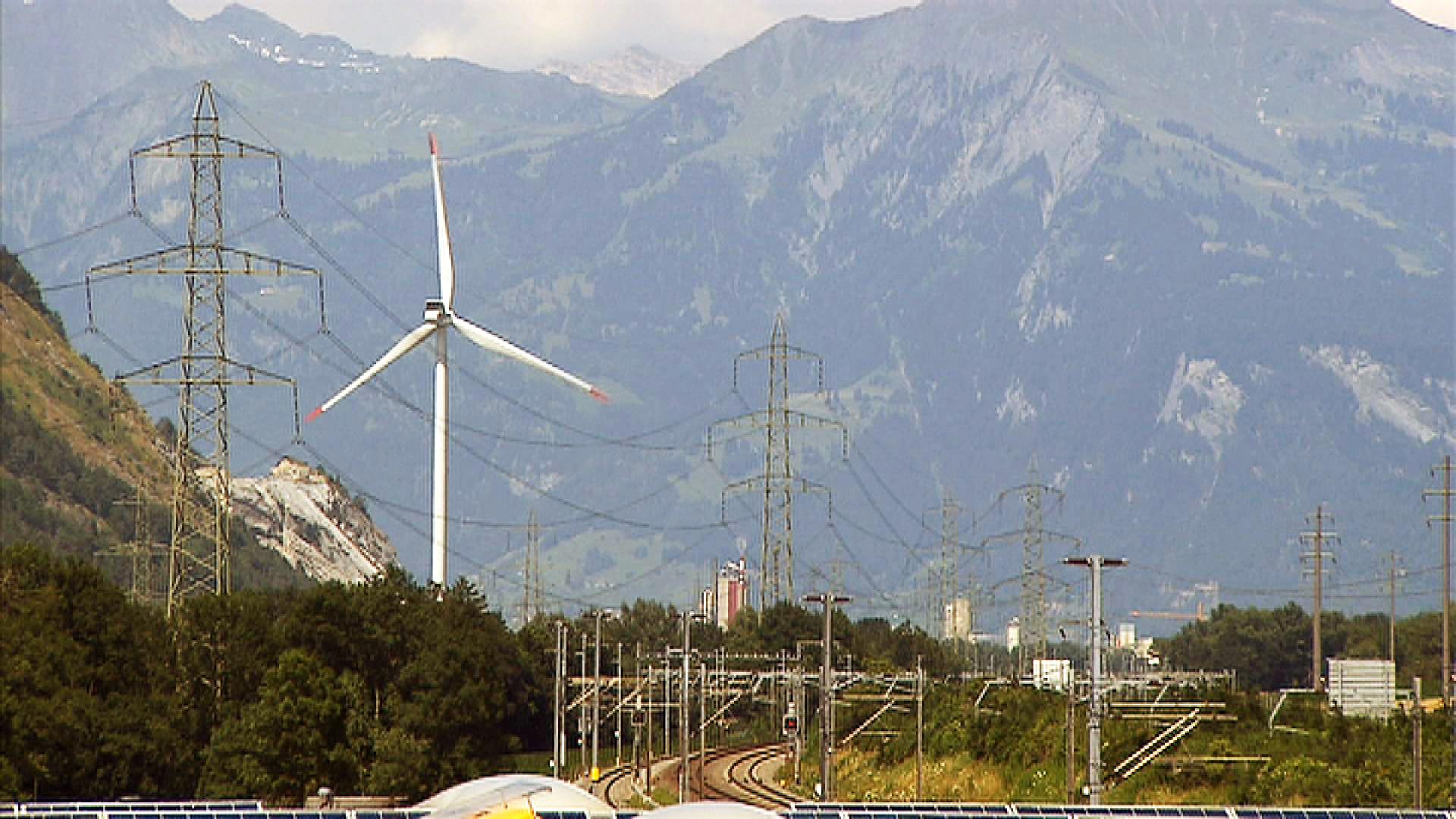

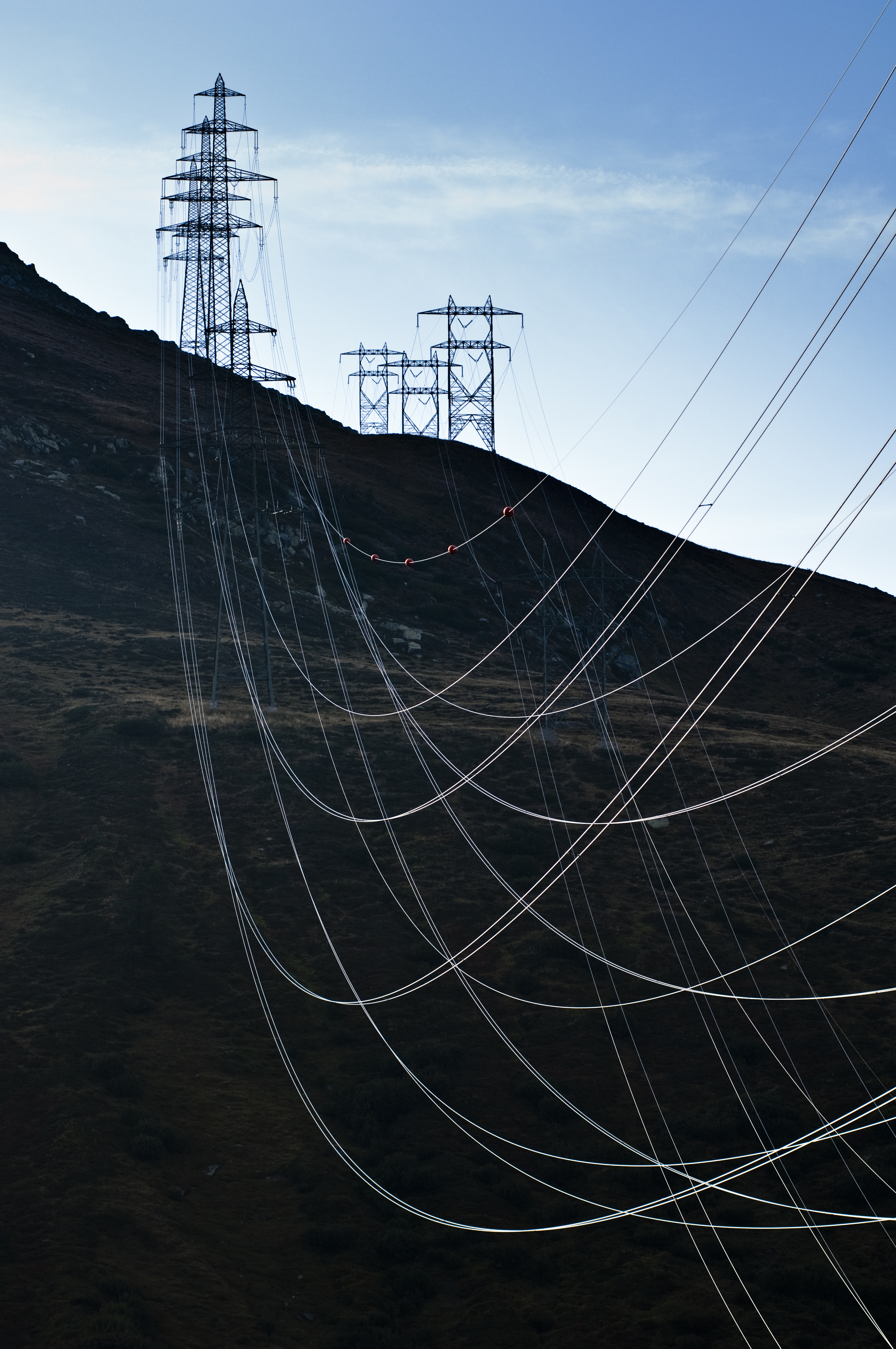
You can find an overview of ongoing debates with our journalists here. Please join us!
If you want to start a conversation about a topic raised in this article or want to report factual errors, email us at english@swissinfo.ch.